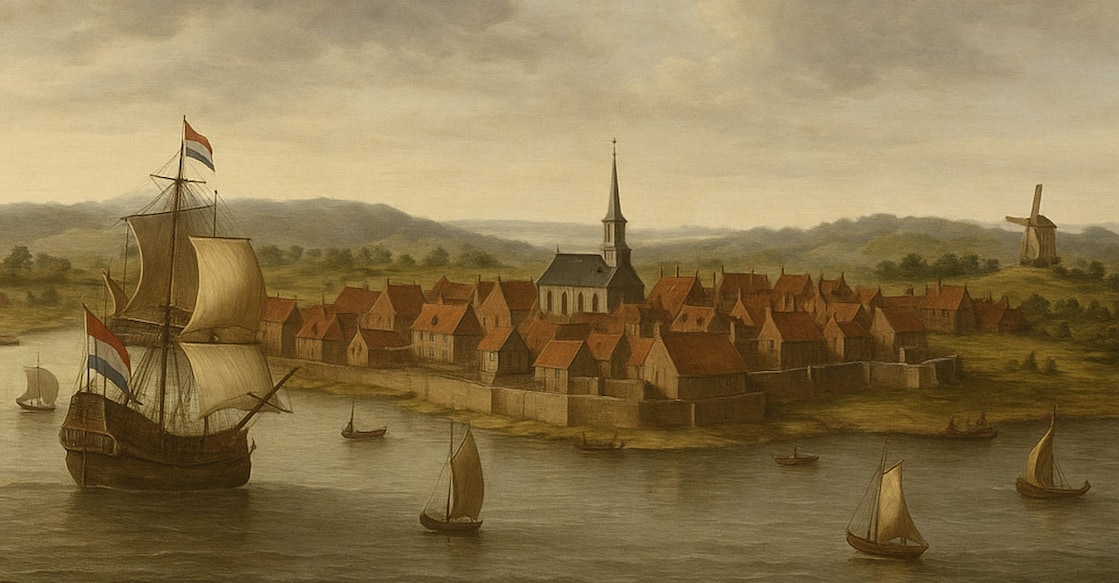The time nutmeg was worth more than New York

Mail This Article
There was a time when the fate of entire empires turned on a spice so small it could rest on your palm. Nutmeg, the hard, fragrant seed that now seasons cakes and biryanis in kitchens across South India, was once so valuable that the Dutch were willing to trade away the whole of Manhattan to get their hands on it.
Yes, really.
In 1667, the Dutch and the British signed the Treaty of Breda, ending the Second Anglo-Dutch War. In this treaty, the Dutch ceded the island of Manhattan (then called New Amsterdam) to the British. In return, the British agreed to let the Dutch keep Run, a tiny island in the Banda group in present-day Indonesia. Run was one of the few places in the world where nutmeg grew naturally at the time. To the Dutch, it was more than a fair deal.

Nutmeg wasn't just a spice back then. It was medicine, magic, and money all rolled into one. Europeans believed it could cure the plague, aid digestion, and boost virility. The sweetly pungent seed was used to perfume homes, preserve food, and treat all manner of ailments. Demand was sky-high and supply came from only a handful of islands in the Banda Sea.
To maintain their grip on this goldmine, the Dutch East India Company (VOC) took brutal steps. In the early 1600s, Dutch forces decimated the indigenous population of the Banda Islands to establish a monopoly. Thousands were killed or enslaved. This was not just about spice—it was about power and profit. Controlling nutmeg meant controlling a lucrative, globally sought-after trade. Manhattan, at the time a sleepy, marshy colony, had little value compared to this tropical treasure.

Today, the story has flipped.
New York City is a global capital, a center of finance, media, and culture. The island of Run is a quiet, lesser-known corner of Indonesia. As for nutmeg, it no longer fuels wars, but it still flavors kitchens around the world. In fact, it now grows abundantly in parts of South India—especially Kerala, Tamil Nadu, and Karnataka.
Indian farmers cultivate nutmeg alongside crops like cocoa, banana, and black pepper. Thanks to the climate and soil of the Western Ghats, the spice grows well, and high-yield varieties developed in places like Punnathanam village have made it profitable. Some farmers report earning lakhs annually from just a few acres of nutmeg trees.

What was once guarded by warships is now available in local spice markets. You’ll find it in halwa, garam masala, Christmas cakes, and even Ayurvedic remedies. Its price has settled, but its story still surprises.
Imagine telling a street vendor in Kochi that the sack of nutmeg he just loaded onto the back of his autorickshaw once shaped the course of global history. That centuries ago, a tiny island called Run in the Banda group was so prized for this spice that the Dutch traded away Manhattan to keep it.
Nutmeg is no longer rare. It no longer costs more than gold. But each time it’s stirred into a curry or baked into a festive dessert, it carries the memory of a world once ruled by spice.

